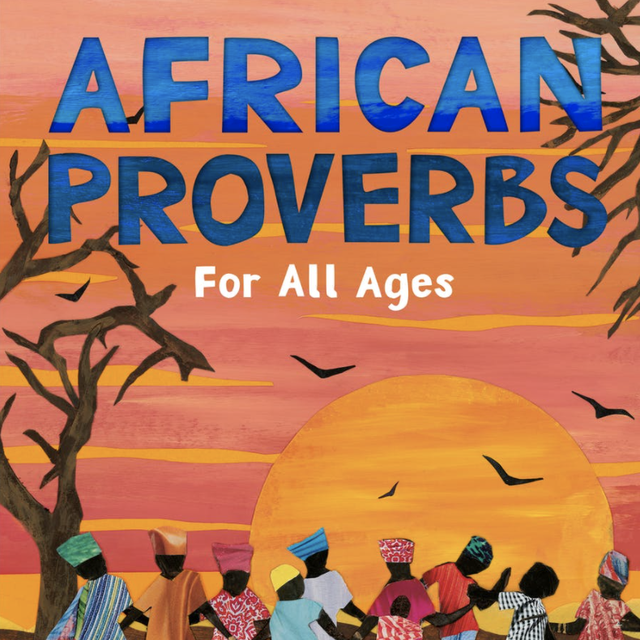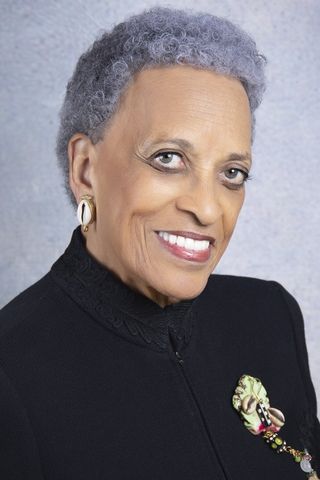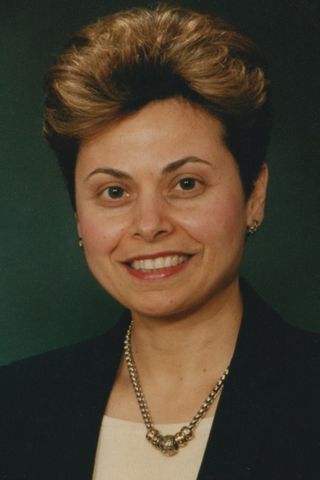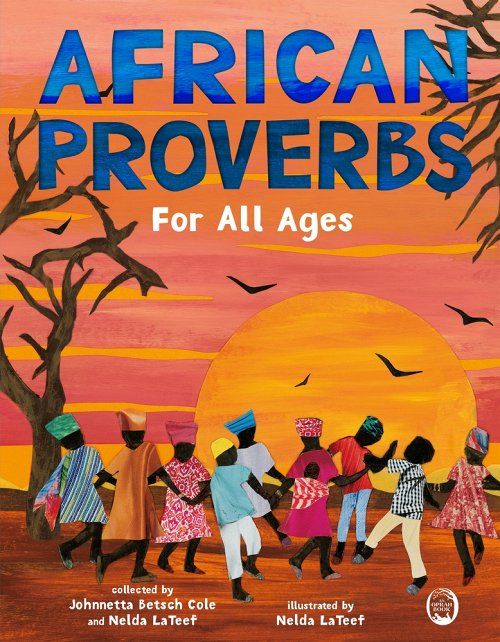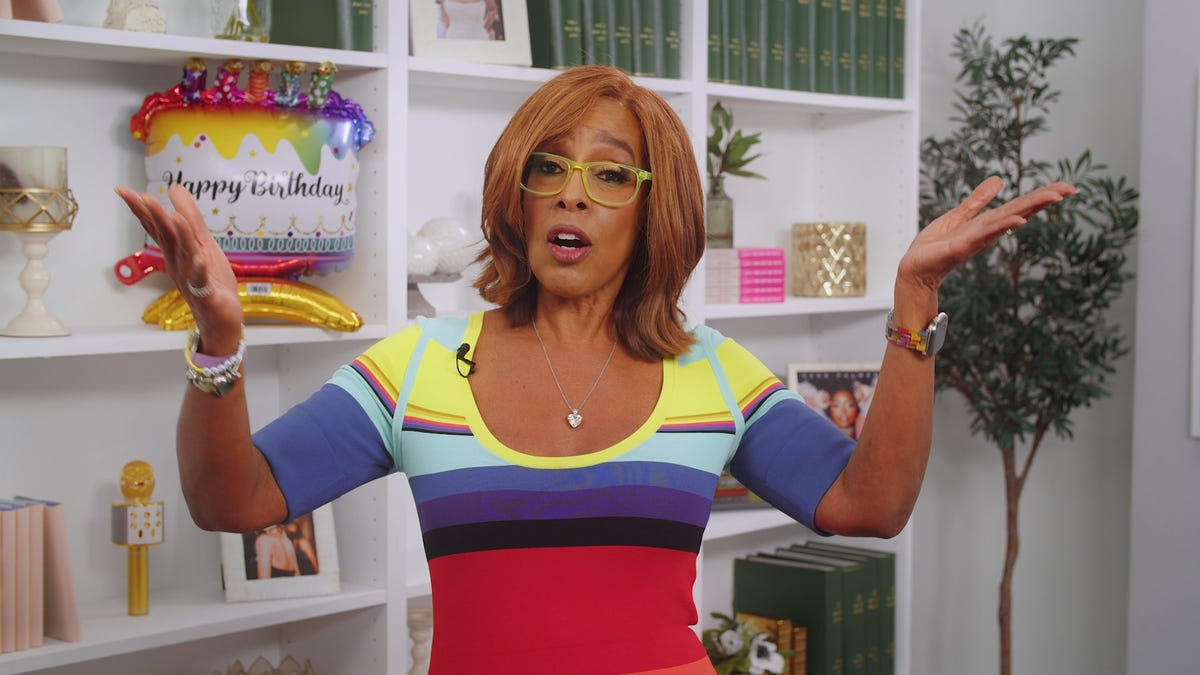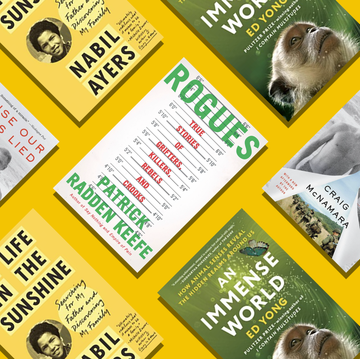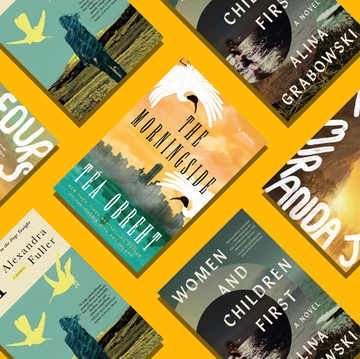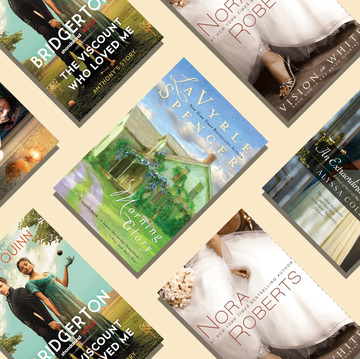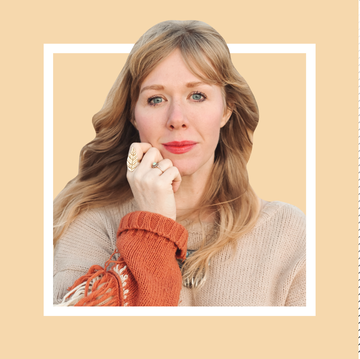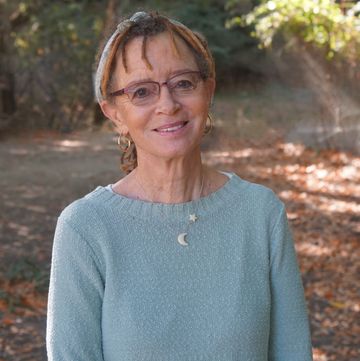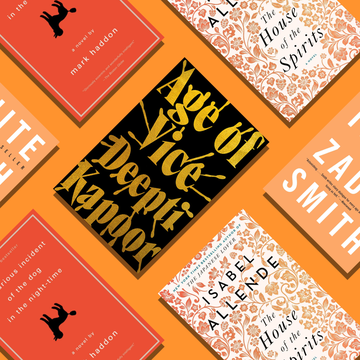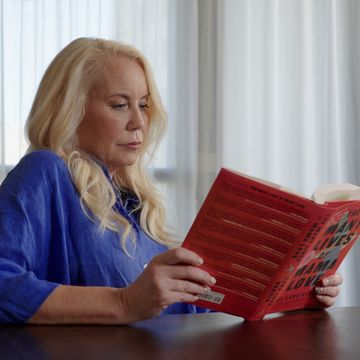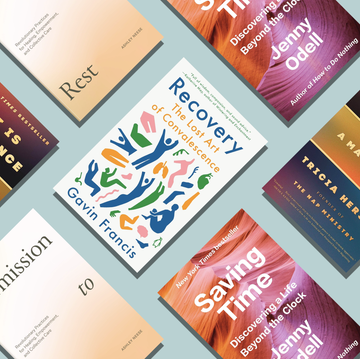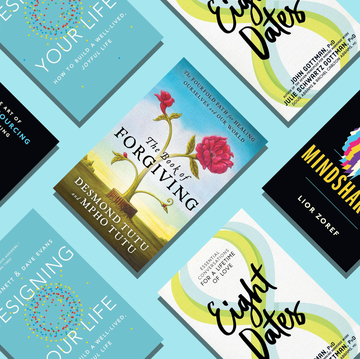The Ghanaian proverb “Wisdom is like a baobab tree: No one individual can embrace it” is a fitting description for Johnnetta Betsch Cole and Nelda LaTeef’s new book African Proverbs for All Ages, which was written to be shared and discussed. In her introduction, Cole says adults assume the young are not capable of interpreting metaphors, and adults shortchange themselves when they focus solely on practical matters. As the title proclaims, all age groups will benefit from these inspirational aphorisms—centered on community, animals, and the earth—that offer life lessons gathered over centuries and passed down through oral tradition. LaTeef’s vibrant illustrations pair beautifully with the universal and often poetic sayings.
Cole is an anthropologist who became the first female African American president of Spelman College and later was president of Bennett College, both historically Black colleges for women. From 2009 to 2017, she was the director of the Smithsonian National Museum of African Art. Nelda LaTeef is an award-winning author and illustrator of several books, including The Talking Baobab Tree and Animal Village. For years, the two authors collected proverbs from the African countries in which they lived at different times. In writing African Proverbs for All Ages, published by Roaring Brook Press and an Oprah Book imprint, they are sharing decades-long accumulated knowledge.
We spoke with the authors recently about their hopes for the book. As the Sudanese proverb says, “We wish two things for our children: the first is roots; the second is wings.” These proverbs are rooted in Africa, but the authors say they should be distributed widely and beyond the continent’s borders so that people of all cultures can apply them to matters significant or mundane. Read on to hear (mostly in their own words) how they first fell in love with proverbs and why they believe you will too.
Oprah Daily: How did this book come into being?
Nelda LaTeef: It came about as a result of a children’s picture book I had written and illustrated that was inspired by the West African oral tradition. At the time Dr. Cole was the Director of the Smithsonian National Museum of African Art. I sent her the manuscript and the illustrations to the story, and she very graciously agreed to write an endorsement to the book jacket. When my book Animal Village was published, I was very excited to meet Dr. Cole in person and to present her an autographed copy of the book. During our visit, we discovered that we shared a mutual admiration for African proverbs from the many years each of us had spent living in different countries, at different time periods in Africa.
In my children’s stories, I like to try to include African proverbs in the dialogue, and if I am writing a story based on a Wolof tale, I will include Wolof proverbs, and so on. No one uses African proverbs like Dr. Cole so effectively to get her message across. So, on the spot, we agreed to collaborate on a children’s book, and we have never looked back. We decided that we would pull together our favorite proverbs, Dr. Cole would write the book’s prologue, and I would do the illustrations, so it was this wonderful teamwork and the friendship that grew between us that really propelled the project forward.
When and why did you start collecting African proverbs?
Johnnetta B. Cole: For me, it’s so easily connected to my being a young anthropologist. Growing up in the South in an African American community, I grew up with proverbs.
Then I went to Liberia in 1960 and spent two years doing fieldwork to earn my PhD. I have been privileged to visit, to do work in, and to attend conferences in 17 of the 54 countries on the African continent. You cannot go on that continent and spend much time without hearing a proverb.
NL: Well, there is a common thread running through this project, and it is the massive continent of Africa—there are 54 countries encompassing it. When I was overseas, I lived in the West African countries of Niger, Nigeria, and Senegal, where I would collect proverbs as I was writing my books. A particular proverb that resonates with me is “Traveling leaves you speechless, then turns you into a storyteller.” Traveling, personally, gave me a broad form of reference and influenced me to become a children’s author and illustrator.
When I was growing up, my parents were in the U.S. foreign service, so we did a lot of traveling. I believe that, just like reading, traveling opens your mind to so many different worlds; it gives you an appreciation for different cultures, languages, customs, food, and art forms. It makes you realize that there are so many different worlds out there. When I was in Niger, for example, I would drive into the bush with my friends, just 45 minutes outside the capital, Niamey, to see my favorite animals, giraffes, grazing in the wild. On the return drive, we would stop to visit a Zarma village where one of my friend’s grandfathers lived. There was a woman with snow-white hair who was often seated on a straw mat under the shade of a large acacia tree. As it turned out, she was the village griot, which in West African culture is a keeper of traditional knowledge. In fact, it is said that when a griot dies, it is as though a library has been burned to the ground. She would tell stories to children, and some adults gathered around her. On our way back to Niamey, some of my friends would translate to French the stories we had just heard, and I would jot them down, and it was from those stories that I became a writer and illustrator.
What has the reception to African Proverbs for All Ages been?
JBC: Nelda and I have had this wonderful experience of introducing our book to very young people, second graders. One of the points that we continue to share with these young learners and with anyone who picks up this book is that there is no wrong answer in choosing his or her idea of the best proverb in terms of connecting with the illustration. The response of children has just been exhilarating.
NL: When they pick a proverb that I did not illustrate, their explanation is so valid that it’s mind-boggling that they think so deeply.
What impact do you hope for for this book?
JBC: Before I say what my hope is, I really must do something; I will lift up a proverb, “It does no harm to be grateful.” I simply can’t go another minute without saying how profoundly grateful Nelda and I are to Miss Oprah Winfrey. To receive the honor, the privilege of having one’s book designated a book under Oprah's imprint—it’s hard to describe that. This is the first children’s book that has received Miss Winfrey’s endorsement, and we wish that many, many children and adults will pick it up.
We hope, first of all, that it will make clear to the reader that Africa is not a country; it is a continent, a massive, incredibly diverse continent. Maybe they will even discover that Africa is where all of humanity originated. We also want readers to be engaged by what a proverb is, and connect to sayings that he or she has heard in their own culture, and that in reading this book, some messages that Nelda and I share will come forward. For example, no matter how diverse we are across our world, there is so much that we as people share, and there is so much to be learned throughout the extent of one’s life. And finally, I am going to say I hope this book brings the reader joy. I had the privilege of knowing Dr. Maya Angelou fairly well, and I often think about the fact that whenever she autographed a book, she only used one word when signing her name, joy. I hope this book brings joy to the reader.
NL: We hope these proverbs evoke a sense of curiosity and a desire to learn more about Africa. We want readers to be inspired to use proverbs in their daily practice and interactions. For example, when someone is impatient, you can remind them, “Patience is bitter, but it bears sweet fruit.” Or if someone is uncooperative, “Many hands make light work.” A proverb I particularly find powerful in its simplicity is “The one who forgives ends the argument”; I love that one. I remind myself of that often. There is so much good counsel and caution in these proverbs.
Wadzanai is a Books Editor at Oprah Daily where she edits and writes about authors and books. She has written for various publications including The New York Times, The Guardian, Essence Magazine among others. She is also a short story writer centering her work on women, Africa and the Diaspora.
